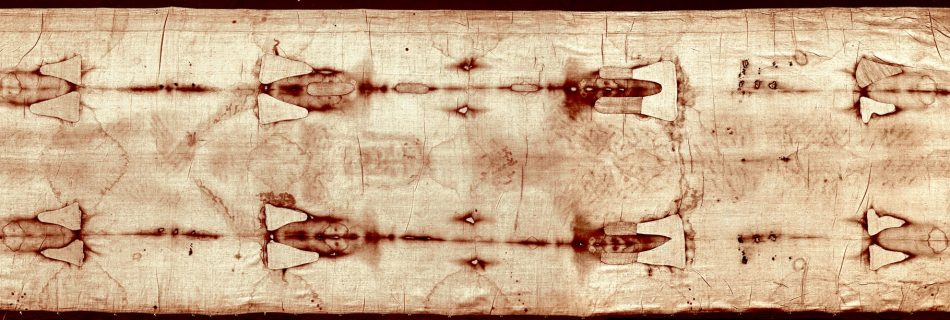Jesus could not have had long hair
Athetotheist wrote: ↑Fri Mar 03, 2023 8:41 pm Does not even nature itself teach you that if a man has long hair, it is a dishonor to him? (1Corinthians 11:14)Would the author of those words have considered the Shroud of Turin genuine? Actually, I do believe Paul considered the TS genuine, but that is a …
